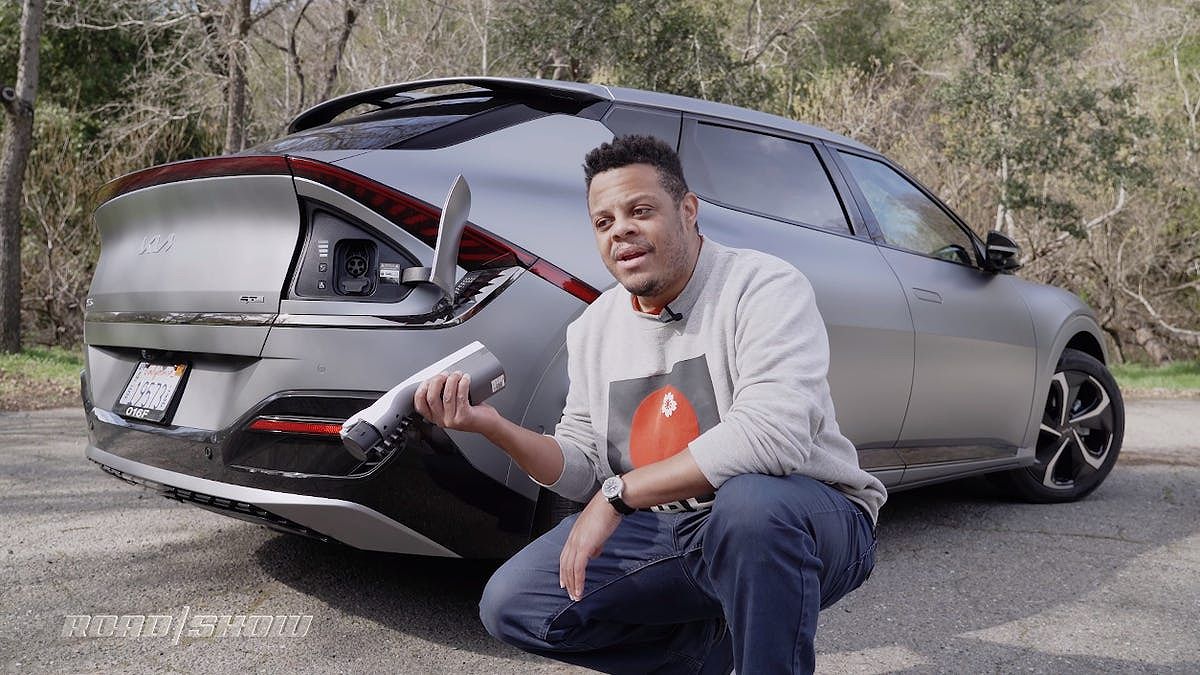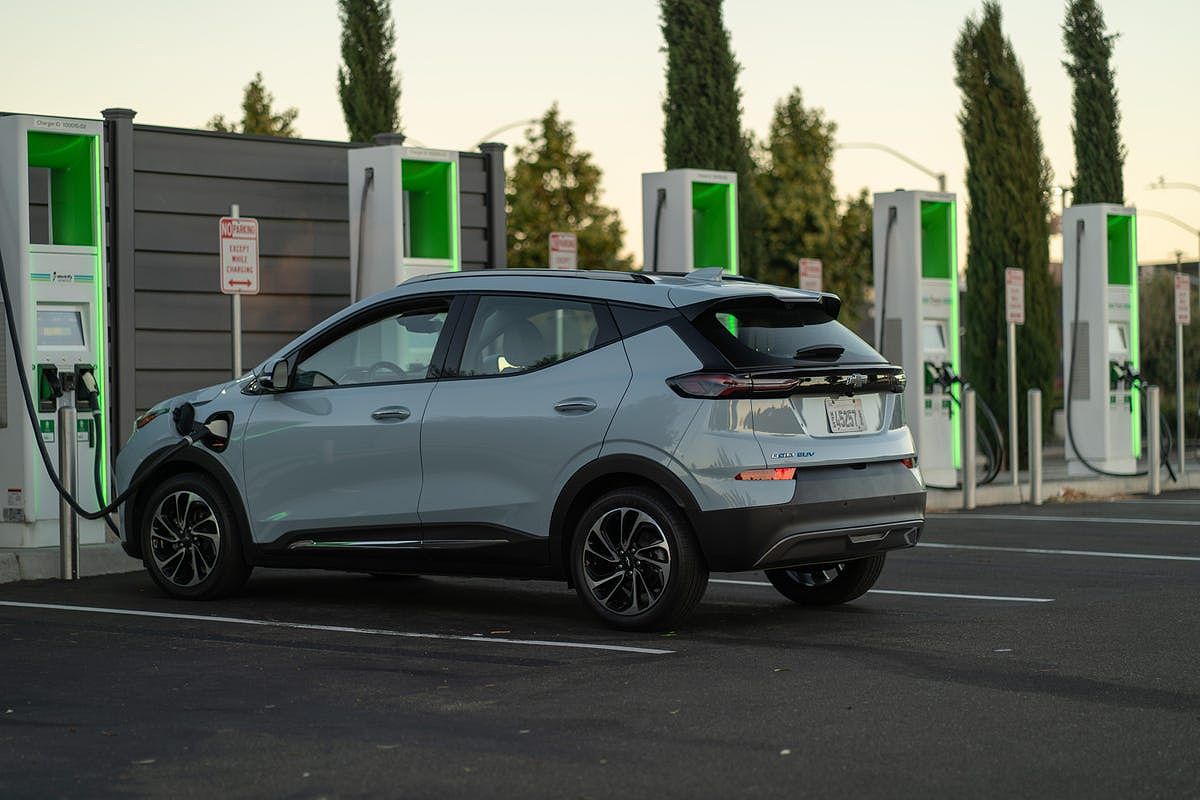New Car Brands 2023: Navigating the Electric Vehicle Boom
The electric vehicle market exploded in 2023, with a significant increase in new car brands 2023 entering the market. This rapid growth presents consumers with a complex decision, requiring careful consideration of various models, features, and price points. Understanding factors like range, charging infrastructure availability, and long-term ownership costs is essential before purchasing an electric vehicle.
Established Automakers Electric Vehicle Offerings in the New Car Brands 2023
As the landscape of new car brands 2023 evolves, established automakers are not left behind. Many are expanding their electric vehicle (EV) lineups, introducing models that cater to a variety of consumer needs. Here’s a look at some of the standout offerings from these trusted manufacturers.
Hyundai’s Innovative EV Lineup
Hyundai continues to impress with its electric models, particularly the Kona Electric and the Ioniq 5. The Kona Electric offers a commendable EPA-estimated range of up to 258 miles and achieves an efficiency of 3.3 miles per kWh, making it a reliable choice for daily commutes. The Ioniq 5, however, commands attention with its sleek, futuristic design and impressive features, including a range of up to 303 miles and rapid charging capabilities that allow drivers to add 180 miles of range in just 18 minutes.
Kia’s Electrifying Offerings
Kia’s entry into the EV market with the EV6 has garnered much attention. This model boasts a range of up to 310 miles and offers a thrilling 0-60 mph time of just 4.5 seconds in its top-tier GT trim. The Niro EV, with a range of 253 miles and a spacious interior, is also a notable contender worth considering for families seeking practicality without compromising on efficiency.

Volkswagen’s ID- Family Expansion
Volkswagen has made significant strides with its ID. lineup, particularly the ID.4 crossover. This model provides a well-rounded package with a range of up to 260 miles and an option for all-wheel drive, catering to both families and adventure-seekers. With plans to introduce the ID.5 and ID.6, Volkswagen is solidifying its commitment to electrification.
Ford’s Mustang Mach-E
Ford’s Mustang Mach-E has redefined expectations for electric SUVs. Combining the iconic Mustang heritage with practicality, this model boasts a range of up to 305 miles and an exhilarating 0-60 mph time of just 3.5 seconds in the GT variant. The Mustang Mach-E showcases Ford’s dedication to innovation and performance in the new car brands 2023 landscape.
Other Notable Established Brands
Beyond the aforementioned brands, other established manufacturers like Chevrolet and Nissan are also enhancing their EV offerings. The Chevrolet Bolt EUV, with an EPA-estimated range of 247 miles, and the Nissan Leaf, continue to serve as solid options for those looking to enter the electric vehicle market.

Disruptive New EV Brands Making Waves in 2023
While established automakers are expanding their EV offerings, new car brands 2023 are making headlines with their innovative approaches and unique vehicles.
Rivian’s Adventure-Ready Electric Vehicles
Rivian has quickly established itself as a formidable player in the EV market with its rugged R1T pickup and R1S SUV. Designed for adventure enthusiasts, these models offer a remarkable range of up to 400 miles and feature a unique “gear tunnel” for storing outdoor equipment. The R1T accelerates from 0-60 mph in around 3 seconds, making it a standout for those who crave off-road experiences without sacrificing eco-friendliness.
Lucid Motors and Its Luxury Offering
Lucid Motors is targeting the luxury segment with the Lucid Air, which boasts an astounding EPA-estimated range of up to 516 miles and an efficiency of 5 miles per kWh. As one of the most energy-efficient production EVs available, the Lucid Air combines cutting-edge technology with a luxurious interior, positioning itself as a strong competitor to the Tesla Model S.
Emerging Players to Watch
In addition to Rivian and Lucid, several other new brands are emerging in the EV space. Fisker, known for its sustainable designs, is set to launch the Ocean SUV and Pear compact EV. Polestar, a Volvo spin-off, has made waves with its stylish Polestar 2, which emphasizes technology and performance.
Key Factors to Consider When Choosing Your New EV in 2023
As you explore the new car brands 2023 and their electric offerings, it’s essential to consider several key factors to ensure you select the right EV for your lifestyle.
Range and Efficiency
For instance, the EPA-estimated range of the 2023 Chevrolet Bolt EUV is 247 miles, while the 2023 Hyundai Kona Electric offers 258 miles. However, real-world range can vary significantly based on driving style, weather conditions, and terrain. Factors like using climate control and driving at high speeds will reduce range. Furthermore, battery capacity degrades over time, meaning the range might decrease slightly after several years of use.
While range anxiety remains a concern, advancements in battery technology are promising. The development of solid-state batteries, for example, promises higher energy density and faster charging, potentially addressing this issue. However, these technologies are still under development and not widely available in commercially produced EVs.
Charging Infrastructure and Speed
The Biden administration’s goal is to build 500,000 EV chargers across the US by 2030. As of late 2023, the actual number is significantly lower, highlighting the ongoing need for significant infrastructure investment. Different charging networks exist, each with its own app, payment system, and charger availability. The Electrify America network, for instance, is a prominent example of a fast-charging network expanding rapidly across the country. However, charging speed is also affected by factors such as the battery’s thermal management system and the ambient temperature.
Despite the expanding charging infrastructure, the uneven distribution of chargers, particularly in rural areas, continues to be a challenge for long-distance travel in EVs, contributing to range anxiety.
Cost and Incentives
The increasing popularity of used EVs and the development of the used EV market are also trends to watch. As more EVs enter the market, the availability of used options is increasing, making them more affordable for budget-conscious buyers.
Safety Features, Technology, and Infotainment
Modern EVs often have advanced safety features and meet or exceed safety standards for gas-powered vehicles. They also come packed with high-resolution displays, seamless smartphone integration, and even options for immersive rear-seat entertainment, significantly enhancing the overall driving experience.
Comparing Top Electric Vehicles Across Categories
To help you make an informed decision, let’s compare some top electric vehicles across different categories.
Comparison Table of Top Electric Vehicles
| Vehicle | Range (miles) | Charging Time (DC Fast Charge) | Price (Approx.) | Horsepower |
|---|---|---|---|---|
| Hyundai Ioniq 5 | 303 | 18 minutes | $44,000 | 320 |
| Kia EV6 | 310 | 18 minutes | $47,000 | 576 |
| Volkswagen ID.4 | 260 | 38 minutes | $43,000 | 201 |
| Ford Mustang Mach-E | 305 | 38 minutes | $49,000 | 480 |
| Rivian R1T | 400 | 30 minutes | $67,500 | 835 |
| Lucid Air | 516 | 20 minutes | $77,400 | 1,111 |
Advantages and Disadvantages of Vehicle Types
- Sedans: Generally more efficient and affordable, sedans like the Lucid Air excel in range and technology but may lack space.
- SUVs: Offering more space and versatility, models like the Kia EV6 and Ford Mustang Mach-E are perfect for families but may compromise slightly on efficiency.
- Trucks: The Rivian R1T is ideal for adventure-seekers needing utility, but it often comes with a higher price tag.
For detailed reviews and comparisons, consider checking out reputable automotive publications like MotorTrend or Car and Driver.
The Future of Electric Vehicles: Trends and Predictions for 2024 and Beyond
Looking ahead, the electric vehicle market is poised for significant advancements. Here are some trends to watch for in 2024 and beyond:
Advancements in Battery Technology
As battery technology continues to evolve, we can expect improvements in energy density, charging speed, and overall efficiency. These advancements will likely lead to longer ranges and shorter charging times, making EVs even more appealing.
Charging Infrastructure Growth
The expansion of charging infrastructure is crucial for the widespread adoption of electric vehicles. Increased investment in public charging stations, particularly fast chargers, will facilitate longer road trips and ease range anxiety for potential buyers.
Government Regulations and Incentives
Government policies play a significant role in shaping the EV market. Expect to see continued support through incentives and regulations aimed at promoting electric vehicle adoption. This could include stricter emissions standards and increased funding for EV infrastructure.
New Car Brands and Market Dynamics
The emergence of new car brands 2023 will continue to challenge established manufacturers, driving innovation and competition. As more players enter the market, consumers will benefit from a wider array of choices, better technology, and improved pricing.
Frequently Asked Questions (FAQ)
Q: What is the average cost of charging an electric vehicle?
A: Charging costs vary widely based on electricity prices and usage. However, many owners find their charging costs significantly lower than gasoline.
Q: How long does it take to fully charge an EV?
A: Charging time depends on the charger type (Level 1, Level 2, DC fast charging). DC fast charging is the quickest, typically taking 20-40 minutes for a significant charge.
Q: Are electric vehicles as safe as gasoline cars?
A: Modern EVs often have advanced safety features and meet or exceed safety standards for gas-powered vehicles.
Q: What are the environmental benefits of EVs?
A: EVs produce zero tailpipe emissions, significantly reducing air pollution and greenhouse gas emissions compared to gasoline cars.
Q: What government incentives are available for EV purchases?
A: Federal and state governments offer various tax credits and rebates to encourage EV adoption. Check your local resources for details.
Conclusion
The 2023 new car market is brimming with exciting electric vehicle options. By carefully considering range, efficiency, charging infrastructure, cost, and features, you can find the perfect EV to suit your needs and budget. Whether you’re drawn to established brands or innovative newcomers, this guide has provided the essential information for making an informed decision. Start your search today and experience the future of driving!
